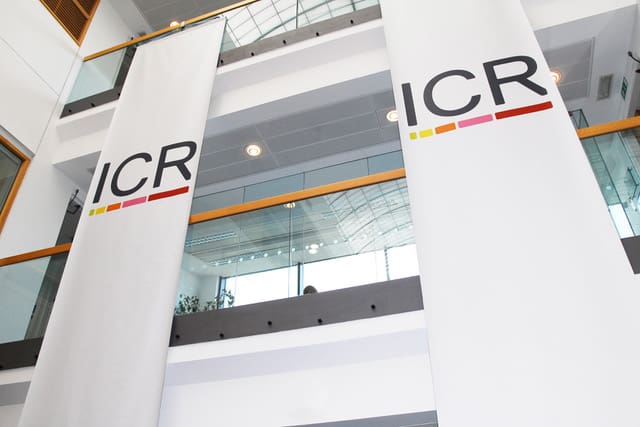
A new study led by scientists at the Institute of Cancer Research, London (ICR) and The Royal Marsden NHS Foundation Trust has shown how stomach cancers can evade the effects of a new class of drugs, raising the possibility of being able to predict drug resistance in advance.
The researchers found that stomach cancers could develop resistance to ATR inhibitors by switching off the activity of two genes, meaning genetic tests could be used in the future to select patients whose cancers are most likely to respond to this class of drugs.
Study leader Chris Lord, professor of cancer genomics at the ICR, London, said the discovery could “lay the groundwork for future clinical trials to test out new drug combinations and other treatment approaches designed to overcome cancer’s drug resistance”.
ATR inhibitors work by blocking a protein called ATR, which usually helps cancer cells repair their DNA and plays an important role in cell division. When ATR is blocked, cancer cells accumulate DNA damage and eventually die.
The study, published in the journal Cancer Research, involved the use of the gene editing technology CRISPR to break or switch off each of 25,000 genes in cancer cells treated with ATR inhibitors in order to identify which genes contributed to drug resistance.
The researchers found that when either of two genes called SMG8 or SMG9 were switched off, cancer cells remained able to repair their DNA even in the presence of ATR inhibitors and also led to increased activity of another gene called SMG1, which further drove drug resistance.
They also found that ATR inhibitors lost their ability to rein in cell division in cancer cells which had SMG8 or SMG9 mutations.
The researchers now want to determine whether the results hold promise for patients treated in the clinic – with those whose cancers have genetic defects in SMG8, SMG9 or SMG1 responding differently to ATR inhibitors.
Also commenting on the findings of the study, Dr Irene Chong, senior author and consultant clinical oncologist and clinician scientist at The Royal Marsden NHS Foundation Trust, said: “As a clinician who treats gastric cancer, I am acutely aware that new strategies are urgently required for patients with limited treatment options.
“Our study shows that ATR inhibitors may represent an important therapeutic option for subgroups of patients with gastric cancer, and our work identified a novel mechanism of resistance, which could help us understand how we are able to overcome drug resistance. This could ultimately lead to new treatment strategies in the future.”




